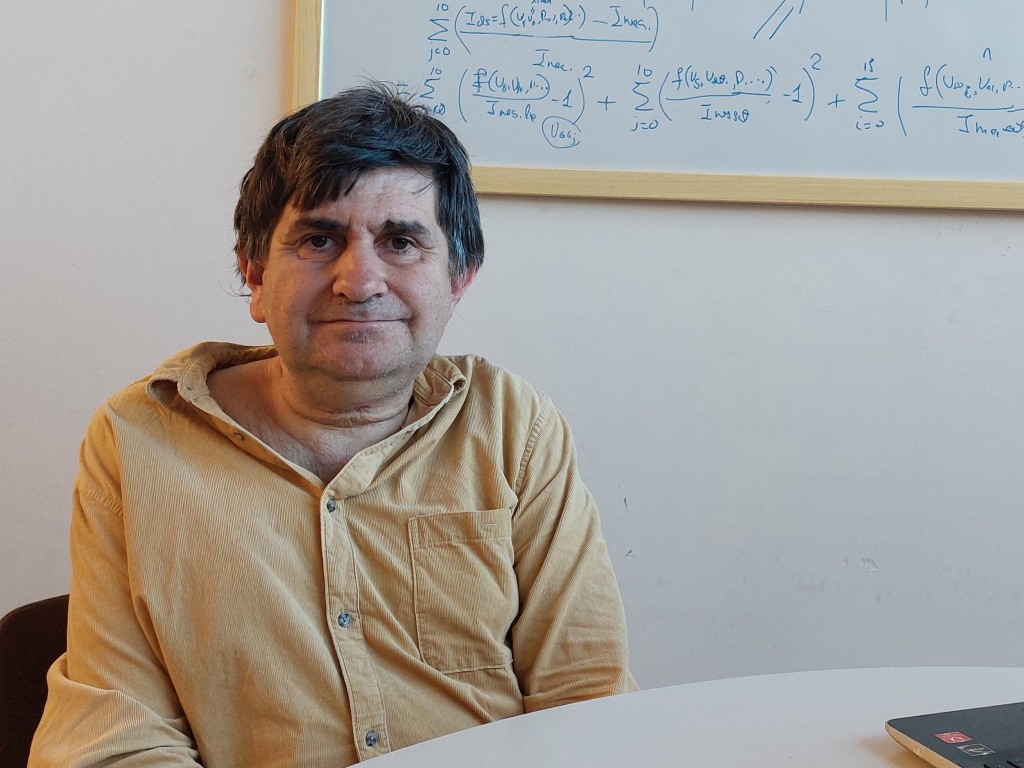21/06/2023
A pioneering project will use organic material to develop sensors that mimic the functioning of the brain
These devices, which adapt to the skin, will make it possible to detect and analyse signals emitted by the human body that provide information on a variety of biological processes. The URV is participating in the project together with other European institutions

These devices, which adapt to the skin, will make it possible to detect and analyse signals emitted by the human body that provide information on a variety of biological processes. The URV is participating in the project together with other European institutions
The Universitat Rovira i Virgili is participating in a pioneering project in neuromorphic computing, a field of computer science and neuroscience that focuses on developing systems inspired by the functioning of the human brain. The goal is to develop neuromorphic sensors with organic technology, mostly based on polymers. These devices can be very useful in the field of health, since they use a circuit that imitates the brain to analyse the data that arrive as biosignals, which are emitted by the human body and provide information on various physiological processes of the organism. The Nephos research group, from the Department of Electronic, Electrical and Automatic Engineering, participates in this project together with other institutions from Spain, France and Germany.
One of the innovations of the project, which is called BAYFLEX, is the use of organic materials to manufacture all the components in these sensors, basically polymers. This makes the devices low-cost, sustainable, printable, flexible and skin-friendly. “The sensors will detect the biosignals, which will reach a neural network of transistors and then pass on to a classifier circuit. Throughout the process we will use organic materials to replace silicon,” explains Benjamí Iñiguez, the URV researcher involved in this project.
The role of the URV in this research is to analyse and evaluate the electrical properties of the sensors, the modelling and design of their components and circuits and also the simulations before they are manufactured. The BAYFLEX project is funded by the European Union’s Horizon Europe programme and is part of Pathfinder, a demanding subprogramme that only accepts an average of 5% of the proposals submitted. “The projects must be truly ground-breaking and must have a very precise risk analysis and contingency plan,” says Iñiguez. The study also involves researchers from universities and research centres in France and Germany, and a company in Zaragoza.

Neuromorphic computing “is currently emerging and solves some of the problems posed by artificial intelligence, which has high consumption when using traditional computing and conventional hardware (because of the separation between the memory and the processing units), and also uses rigid materials because it is based on silicon,” he explains. Iñiguez points out that, although silicon provides greater speed, in this case a very high speed is not required, since “what is important is that the signals are detected precisely, and this technology does this”. Thus, this “low-cost and recyclable artificial intelligence”, as the researcher defines it, will be extremely useful and important in the field of health, when it comes to detecting and analysing the signals emitted by the organism.
